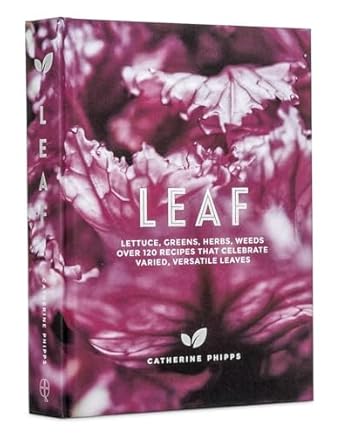Bananas

NUTRITION
Bananas supply a significant amount of potassium and vitamin B6 and moderate levels of folic acid and vitamins A and C. Their sugars form a rich energy source that is released over a relatively long period of time, hence their use by many sportsmen and women as a natural performance-enhancing dietary supplement.
OK, bananas are clearly not by any stretch of the imagination a local seasonal food here (yet, although my next door neighbour's garden features a fine banana tree which fruits regularly). But we feature them because they're a delicious, nutritious, inexpensive and versatile way of filling the sweet treat gap between UK orchard fruit and summer berries.
Try adding a comforting baked banana pudding or bread recipe to your late winter / early spring cookery repertoire.
HISTORY
Evidence suggests that bananas have been eaten in India for several thousand years. They were being grown in China in AD200 and by the 15th century were cultivated across Africa. Banana imports only began reaching a wider audience in the northern hemisphere in the last hundred years.
In the 1950's, the industrialisation of beet sugar production in Europe struck a blow to cane sugar exporters from the Windwards Islands and Caribbean. Banana growers spotted an opportunity and stepped in to meet a growing market that couldn't be served from European crops.
BIOLOGY
The banana plant looks like a tree but is, botanically speaking, a fast-growing perennial herb. Each year it grows a completely new trunk-like shoot that dies back to its roots again after the plant has fruited.
TIPS
BUYING
The taste and texture of a banana develops as it ripens. Fruit that are
yellow with just the hint of a freckling of brown will be at their most
flavoursome; eat your banana earlier than this if you prefer a firmer
texture (often better for cooking). Soft or strongly smelling fruit are
overripe.
STORING
Bananas that require further ripening should be kept at room temperature,
but away from heat or direct sun. Ripe bananas can be refrigerated, which
arrests the ripening process, for a few days - allow them to reach room
temperature before eating. Or freeze surplus bananas for use in smoothies.
PREPARING
Banana slices can be prevented from discolouring quite so quickly by dipping
them in an acidic citrus juice such as orange, lemon or lime.
MISCELLANY
In Uganda, around Kilimanjaro, and in parts of western Kenya and western Tanzania, bananas are the main raw material for a number of fermented drinks including banana wine.
The banana plant is regarded by Hindus as a symbol of fertility and prosperity, and the leaves and fruits often feature in marriage rituals.
Ripening bananas give off substantial quantities of ethylene gas, which accelerates ripening in other foods. Unripe foods such as tomatoes or avocados can be ripened in hours if placed in a closed container with a banana.
IN OUR FAVOURITE BOOKS
To support site running costs, we participate in the Amazon affiliates scheme and book links take you to the relevant Amazon page.
 Includes a recipe for
Includes a recipe for Hot cross bun toffee and banana pudding
 Includes a recipe for
Includes a recipe for Banana, thyme and chocolate bread
 Includes a recipe for
Includes a recipe for Pakistani pumpkin & beetroot bhuna with banana & lime raita


